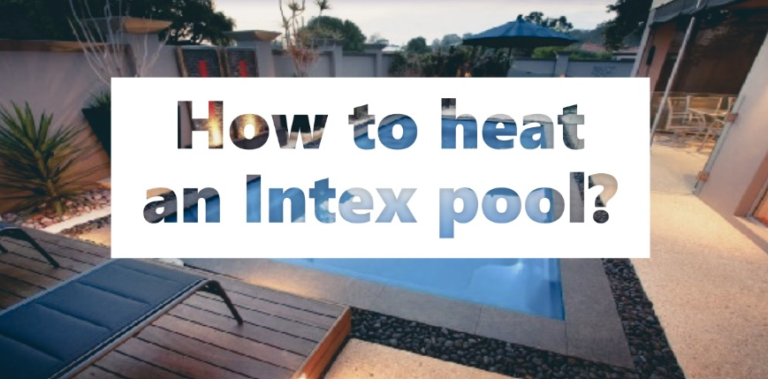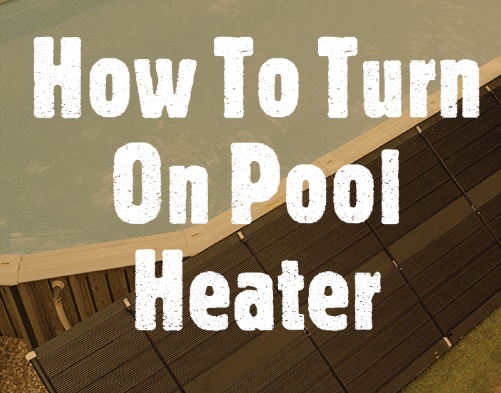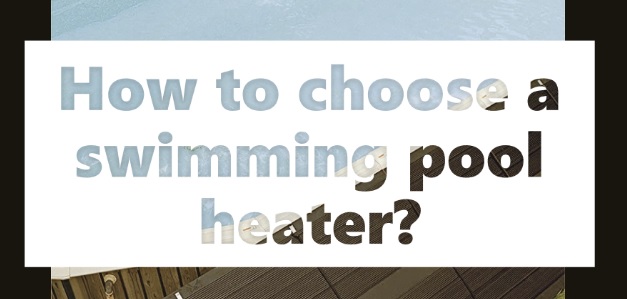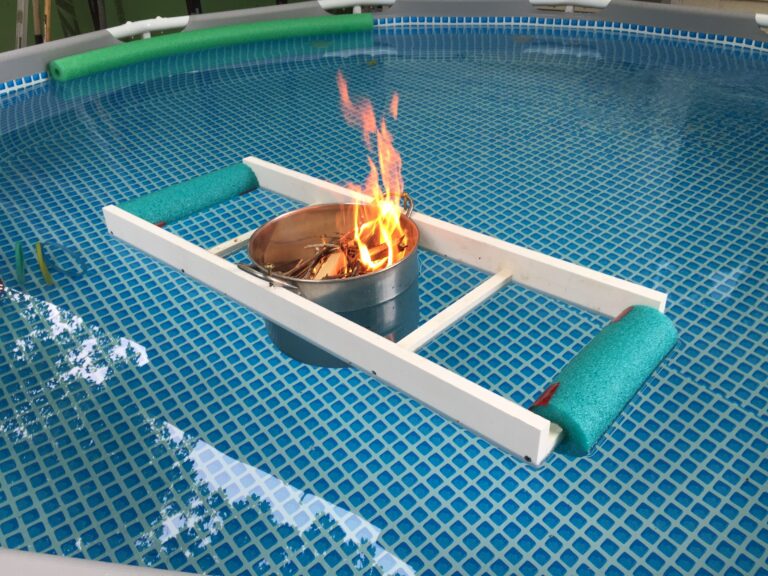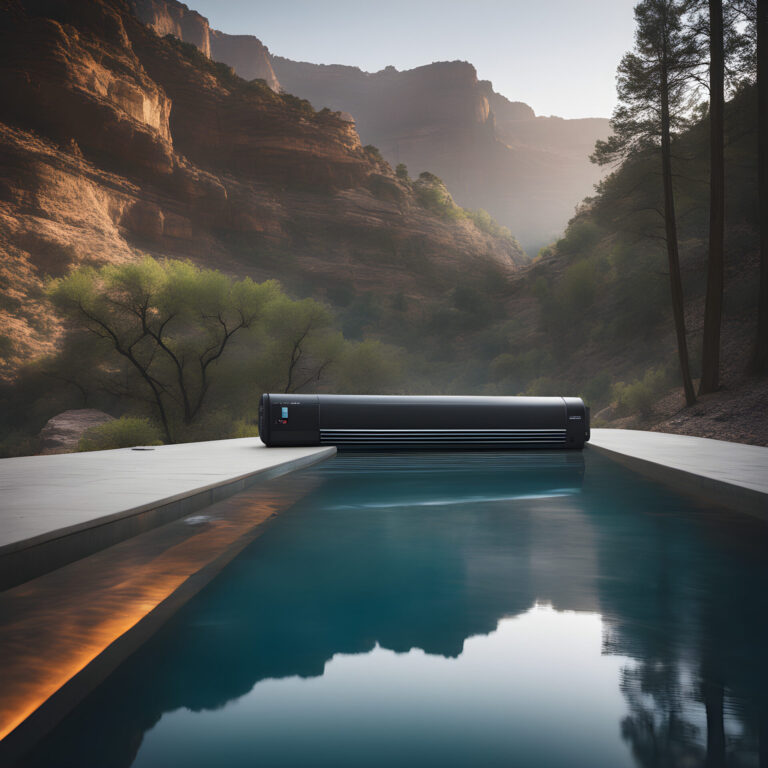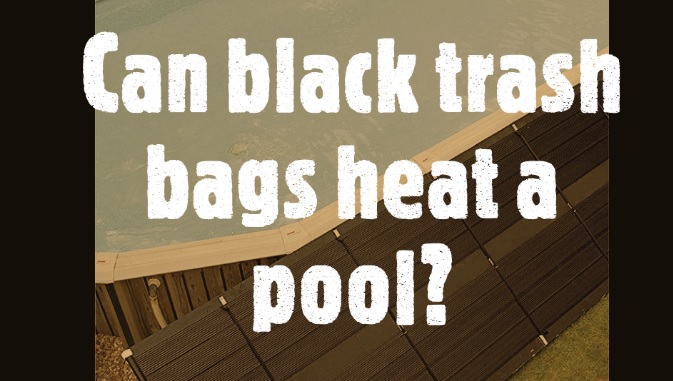How Long Does It Take To Heat A Pool?
Having a pool at home can bring a lot of joy and relaxation to you and your family, but also comes with many responsibilities such as owning the right equipment, maintaining the pool’s cleanliness, being ready for when it needs grooming, and understanding how to use it. Sometimes these obligations can be overwhelming, which is why we want to help you take care of your pool with this guide on how long it takes to heat up a pool.
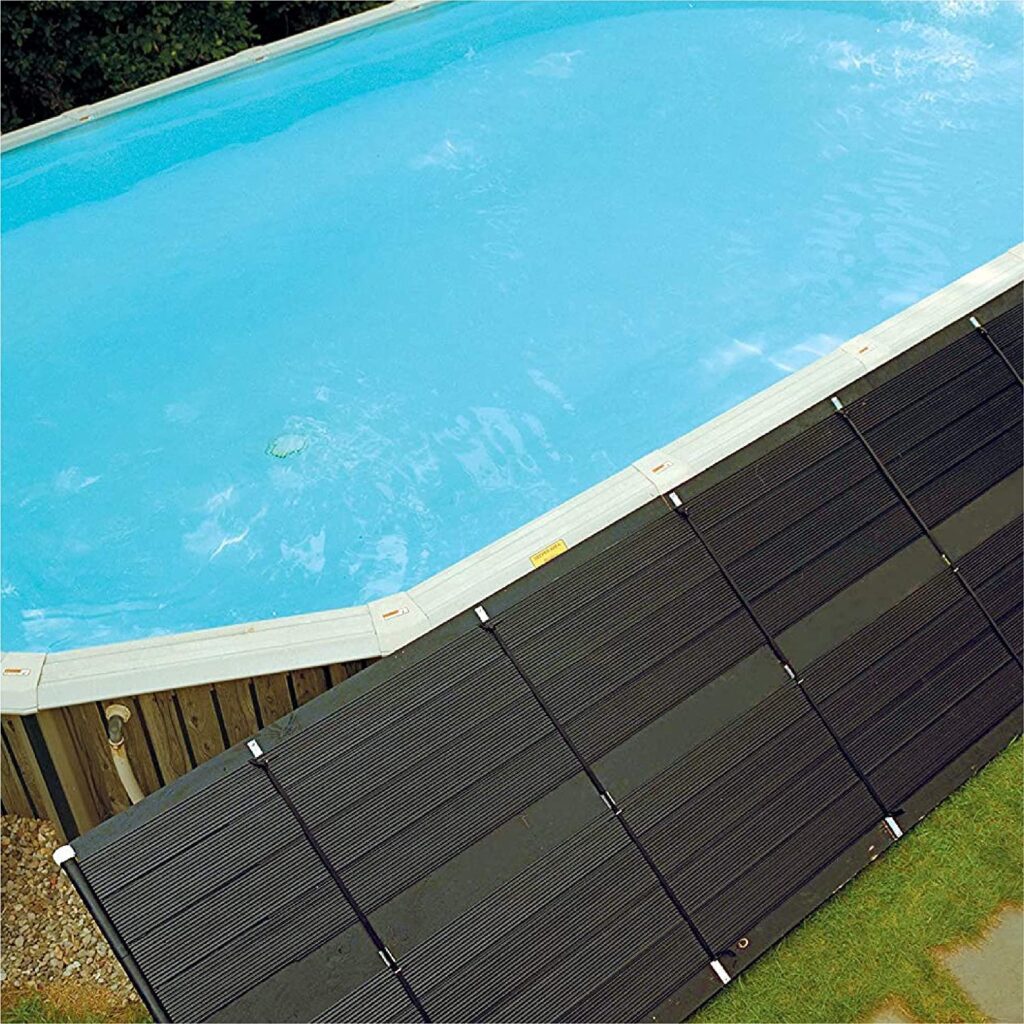
What do you need to know before heating a pool?
When it comes to pool heating, there are a few things you need to know in order to make the process as smooth as possible. First and foremost, you will need to determine how much water needs to be heated. Depending on the size of your pool and how cold it is outside, you may need to heat up as little as 8 gallons or as much as 100 gallons of water. Secondly, you will need to find an appropriate heating method. Options include electric heaters, solar panels, and even propane heaters. Finally, make sure to have all the necessary supplies on hand before getting started, such as pool covers and sand filters.
If you live in a climate where it gets below freezing regularly, it is important to winterize your pool before heating it. This means adding enough chlorine and other chemicals to the water to kill any bacteria that may form during the cold months. Chlorine can also help keep algae growth to a minimum. Check with your local pool service for more information.
If your home has an automatic pool heater, it is ready to use when the water is at least 80 degrees Fahrenheit. If you have a spa or hot tub, be sure the water is at least 110 degrees before using it. Never use an automatic pool heater if the water is less than 80 degrees Fahrenheit, or if there is ice on the surface of the pool. Heating the water above 104 degrees Fahrenheit can cause serious damage to your pool equipment.
It takes about an hour to heat a 60,000-gallon pool using an electric heater and about two hours using a gas heater. A solar pool heater will take even less time, depending on the size of your pool.
How long will it take to heat your pool?
This is a question that many pool owners ask themselves during the cooler months. The answer, unfortunately, varies depending on a variety of factors, including pool size and type of heating system. However, an estimate can be made by using the following formula: Pool Size (ft2) x 0.5 = Heating Time (hours)
For example, if your pool is 50 ft2 and you have a propane heater, it will take approximately 50 hours to heat your pool.
How to heat the pool more quickly
Pool heating is a big task, but fortunately, it does not have to be a long one. Here are four tips to help make the process go more quickly:
- Plan Ahead: The sooner you get your pool ready for the season, the faster it will heat up. Make sure all the equipment is in place and ready to go before turning on the heat.
- Use a Good Heater: A quality pool heater can speed up the entire heating process. Look for models that have an automatic shutoff feature in case of power outages or other emergencies.
- Keep It Clean: Dirty water particles create a cloudy environment that inhibits the pool’s ability to heat up evenly. Regularly clean your pool heater and filters to help improve efficiency.
- Monitor the Temperature – Make sure to check the temperature frequently and adjust settings as necessary. If it gets too cold, turn on the heat; if it gets too hot, turn off the heat.
The Science Behind Heating Pools
Pool heating can be an important part of summer fun for many families. Although the cost of pool heating may seem high, it is important to remember that a properly heated pool can be a valuable asset for family recreation. In this article, we will discuss some of the science behind pool heating and how long it takes to heat a pool.
First, it is important to know that each pool is different and will require a unique amount of time to heat up. A general rule of thumb is that it takes about two hours to heat up a 50-foot-long pool using an electric heater. However, this time may be different depending on the weather conditions and the type of heater being used. Additionally, pools are often heated gradually over several hours so that they reach a comfortable temperature before everyone gets in.
There are also special types of pool heaters available that can more quickly warm up a pool. These types of heaters use hot water instead of electricity and are often less expensive than electric heaters. Hot water heaters can take as little as 15 minutes to heat up a pool, but they may also require periodic monitoring to ensure that the water stays at an appropriate temperature.
One of the most popular summer pastimes is spending time in a pool. However, pool swimming can be quite daunting for people who are not experienced swimmers. Pool heating is an important part of keeping people safe and comfortable in pools, and it can be difficult to know how long it takes to heat a pool. In this blog post, we will discuss the science behind pool heating and provide a rough estimate of how long it takes to heat a pool.
Pool heating technology has come a long way in the last few decades. Older pools were heated using natural gas or electric heaters that would burn fuel until the water reached a certain temperature. These days, many pools are heated using solar panels or thermal collectors that absorb energy from the sun and convert it into heat. The type of heater and the weather conditions determine the speed at which a pool reaches its desired temperature.
Which heating elements to put in your pool?
Pool heaters come in all shapes and sizes, so which one should you buy for your pool? Below are three of the most popular types of pool heaters, along with their pros and cons.
Solar Pool Heaters:
These heaters use solar energy to generate heat, so they are environmentally friendly. They are self-contained, which means there is no need for an external power source. It is easy to set up and maintain.
These heaters can be expensive, and they may not be powerful enough to warm a large pool. They also require regular maintenance, such as checking the insulation and oiling the heating elements.
Pellet Heaters:
Pellet heaters are cheap to operate and maintain, and they are very efficient at generating heat. They work well in small or medium-sized pools.
Pellet heaters tend to produce a lot of smoke when in use, which can be a nuisance. They also require space to store the pellets, so they may not be suitable for pools that are close to other structures.
Pool heating is a tricky decision
Pool heating is a big decision. Heat your pool the right way and you will be happy you did for years to come. But, if you heat your pool incorrectly, you could end up with a costly repair or replacement.
To get the most out of your pool heating investment, it is important to know which heating elements to put in your pool. There are three main types of heating elements: solar, gas, and electric. Solar and gas heating elements require direct sunlight or natural gas to work; electric heating elements heat through electricity.
How to make the pool heating process easier
It is important to note that pool heating takes time, but there are some easy tips that can help make the process go more quickly. Here are a few:
- Make sure the pool is level: This will ensure that the heating system can reach all areas of the pool.
- Check for leaks: A leaking pool can cause an excessive amount of heat to be needed, which will slow down the heating process. Find and fix any leaks before starting the heater.
- Use a timer: Setting a timer can help you stay on track and keep an eye on how long it is taking to heat up the pool.
- Use water filters: Filtering your Pool’s water before adding it to the heater will help to reduce debris and bacteria levels, which will speed up the heating process.
- Adjust the heat: Adjusting the heat is another way of prolonging the life of your heater. When you adjust it, you are adjusting for how hot your pool needs to be, so start with a lower setting and work your way up if necessary.
- Use a propane pump: Sump pumps, which circulate water from the bottom of your pool through an oil-filled filter and back into the pool, are excellent at converting waste heat into usable energy
- Use a gas heater: Gas heaters use natural gas or propane to convert waste heat into usable energy. Propane is a better choice than natural gas because it burns hotter and reduces chlorine demand by as much as 90%.
What is the Difference Between Hot and Warm Water?
How long does it take to heat a pool? The answer is dependent on the size of the pool, the type of pool heater, and the weather conditions. In general, it takes about two hours to reach a temperature of 68 degrees Fahrenheit in a standard swimming pool. If the pool is larger or has a more powerful heater, it may take less time. If the pool is very cold or rainy, it may take more time to heat up.
Most people think that hot water takes less time to heat up than warm water, but that is not always the case. Warm water can take longer to heat up because it takes longer for the heat to reach the bottom of the pool. If you want to speed up the heating process, you can turn on the heater before you get into the pool or turn on the pool pump after you get in.
Here is a breakdown of how long it takes each type of heating element to heat a pool:
- Solar heating elements take approximately 8 hours to reach full temperature in a typical swimming pool.
- For larger pools (>25,000 gallons), it may take up to 16 hours to reach full temperature with solar heating elements.
- If using a solar blanket, be sure to follow the manufacturer’s instructions for placement and sizing as they will affect the time it takes for the blanket to heat the pool.
- For smaller pools (<25,000 gallons), solar heating is typically adequate and does not require a blanket.
Conclusion
I hope you have found this article on how to heat a pool helpful. Taking the time to properly heat your pool can make all the difference when it comes to enjoying a summer day by the pool. By following these simple steps, you should be able to get your pool ready for swimming in no time at all.

